
A letter signed by more than three dozen U.S. Congress members concerned about the slow pace of tariff exclusions is receiving praise from the Motor and Equipment Manufacturers Association.
The delay is causing “a backlog of requests that places undue burden on manufacturers,” said an announcement from the association. The letter from pushes for changes to allow the process to move faster.
The Department of Commerce has received more than 7,700 comments and submissions for product exclusions, but not even a third have been processed and posted on the docket.
“That is far too slow of a pace given the volume and the fact that this process is over a month and a half old,” the letter said, which adds 10 ways to fix the problem.
“The sheer volume of submissions requesting product exclusions gives us reason for concern,” said Bill Long, MEMA executive vice president of government affairs. “This apparent backlog creates uncertainty for our members, which puts businesses — and jobs — at risk. If you are importing steel from any country that is not exempted, you are paying a tariff now, even if you have filed for an exclusion. That could mean tying up millions of dollars that a business would rather invest in facilities and people. MEMA has said all along that tariffs would put jobs at risk, and this process seems to be proving us right. American businesses need a clear and predictable business environment to thrive in a global marketplace.”
The group did note that it was pleased about the extension given to the European Union, Canada and Mexico on steel and aluminum tariffs until June 1, and for agreements in principle with Australia, Argentina and Brazil.
“As the specifics of these agreements are finalized, we urge the administration to consider the challenge and uncertainty that placing quotas on steel and aluminum from these countries could cause,” the MEMA said in a news release. “We sincerely hope that these latest announcements signal a willingness to consider the implications of broadly applied Sec. 232 steel and aluminum tariffs triggered by the administration in March.”
The association noted the following steps as ways to lessen the burden placed on manufacturers by tariffs and the related exclusions process:
- Providing relief to applicants who experience undue delays in the Department of Commerce review period retroactive to the date of application submission (or when deemed complete);
- Simplifying and streamlining the application process and reducing confusion by allowing exclusions covering ranges of certain dimensions with the same Harmonized Tariff Schedule code to be on the same application form;
- Allowing trade associations to apply for exclusions on behalf of an industry; and,
- Reviewing, on a regular basis, the impact of tariffs on the economy and downstream users and implementing a plan to sunset the tariffs if they prove to have a significant negative impact.

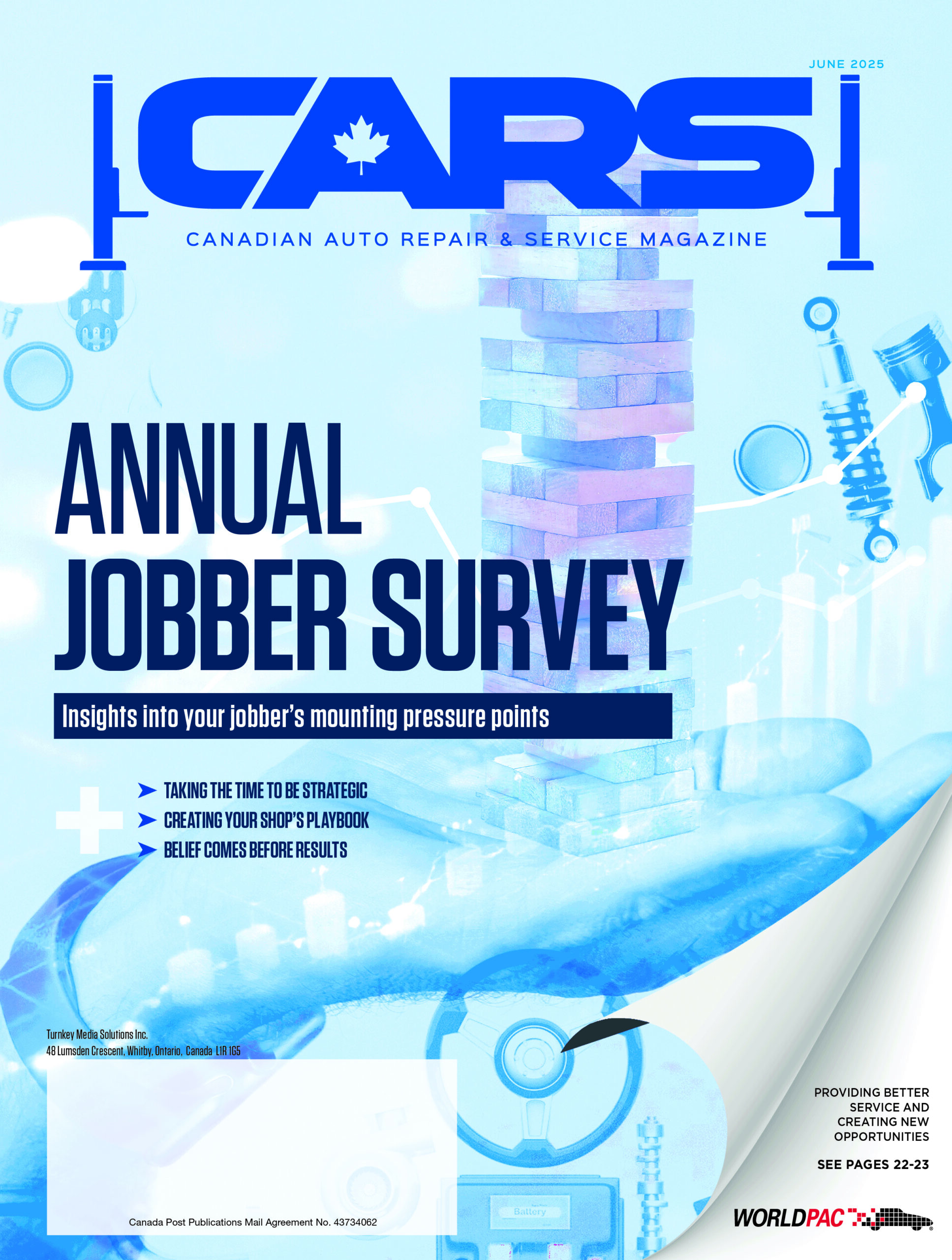



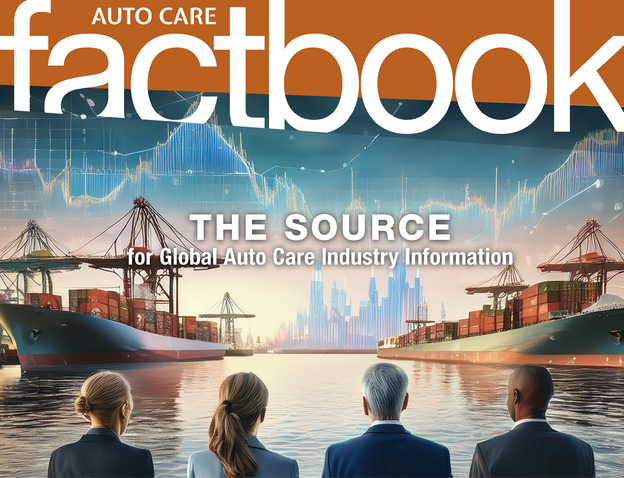

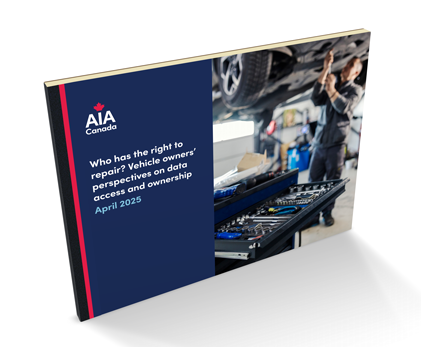


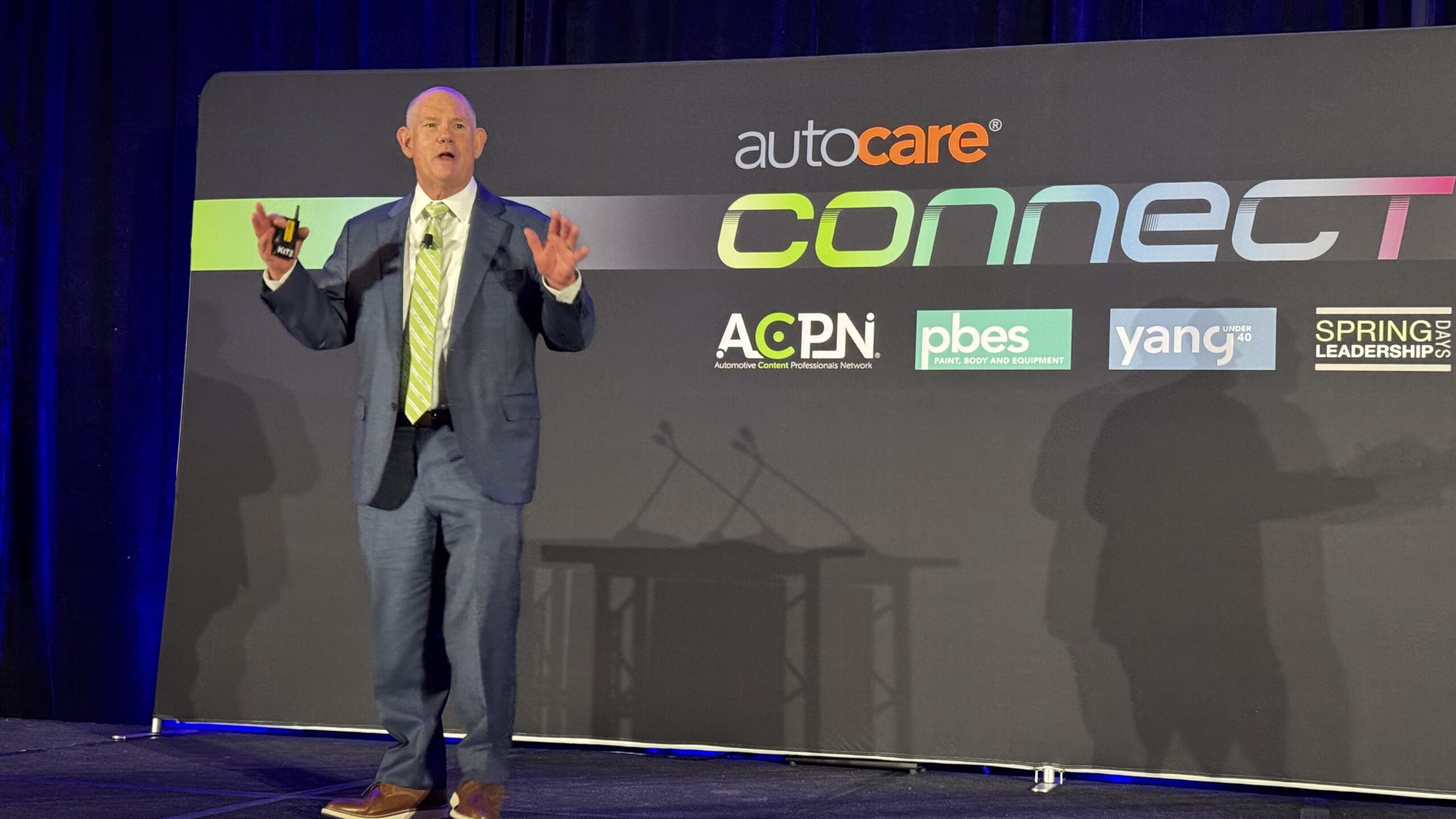
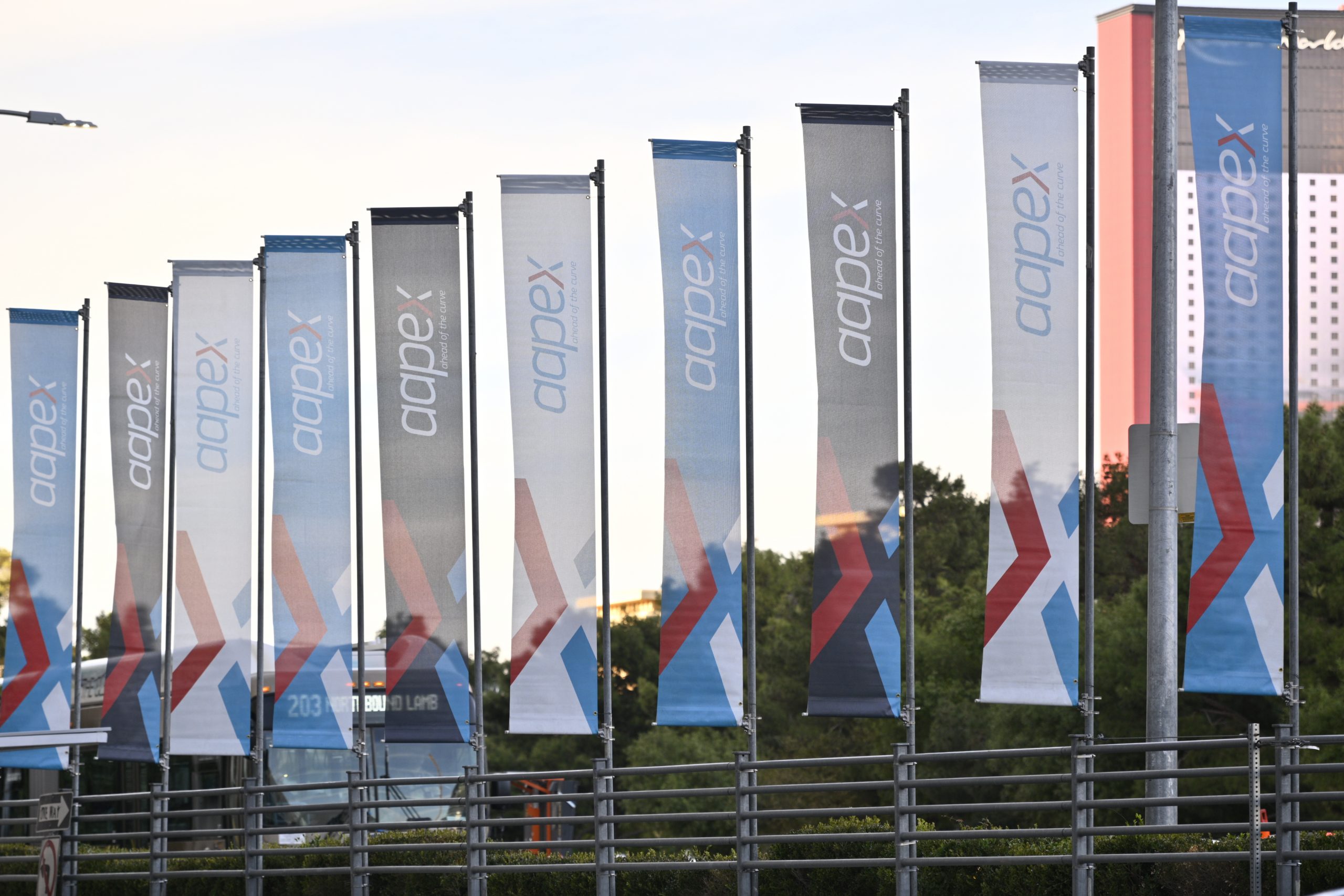
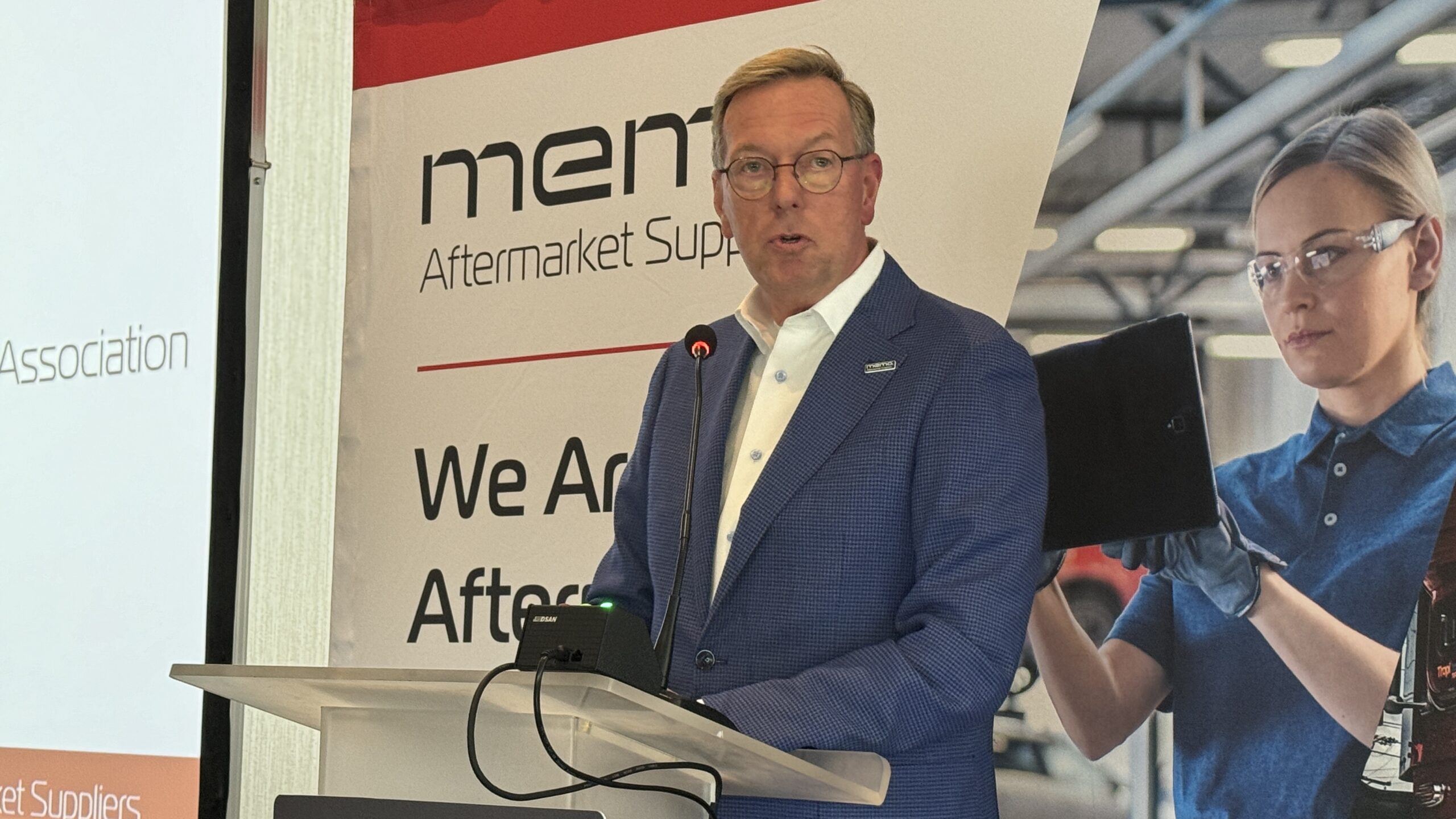
Leave a Reply